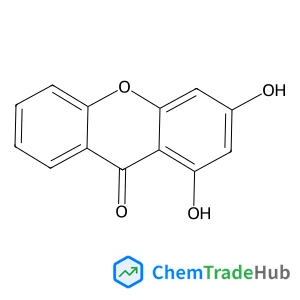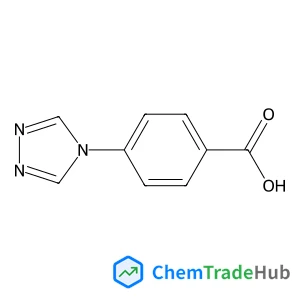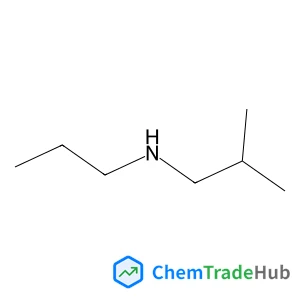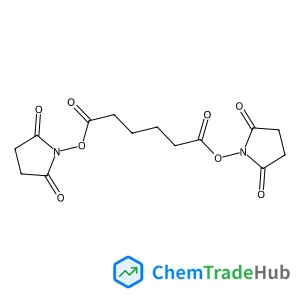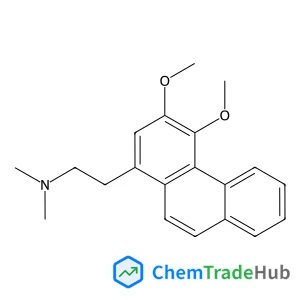Chemoproteomics-based target profiling of sinomenine reveals multiple protein regulators of inflammation
文献信息
Lianguo Chen, Hong-jian Wang, Teng-fei Ji, Chong-Jing Zhang
Although sinomenine (SIN) has been used to treat several inflammation-related diseases in the clinic for decades, the detailed anti-inflammatory mechanism remains elusive. Here, we present a chemoproteomic study that supports a polypharmacological mode of action for SIN to inhibit inflammation. Notably, functional validation revealed multiple new protein regulators whose knockdown could significantly affect inflammation.
相关文献
IF 6.367
Front coverIF 6.843
Highly efficient and durable III–V semiconductor-catalyst photocathodes via a transparent protection layerIF 6.367
Visible light-driven cross-coupling reactions of alkyl halides with phenylacetylene derivatives for C(sp3)–C(sp) bond formation catalyzed by a B12 complexIF 6.222
CaMoO4 nanosheet arrays for efficient and durable water oxidation electrocatalysis under alkaline conditionsIF 6.222
Solventless thermal crosslinked polymer protective layer for high stable lithium metal batteriesIF 6.367
Near infrared light activation of an injectable whole-cell cancer vaccine for cancer immunoprophylaxis and immunotherapyIF 6.843
Stabilizing synthetic DNA for long-term data storage with earth alkaline saltsIF 6.222
Back coverIF 6.222
Synthesis and hydrogen evolving catalysis of a panchromatic photochemical molecular deviceIF 6.367
来源期刊
Chemical Communications
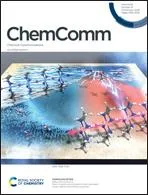
ChemComm publishes urgent research which is of outstanding significance and interest to experts in the field, while also appealing to the journal’s broad chemistry readership. Our communication format is ideally suited to short, urgent studies that are of such importance that they require accelerated publication. Our scope covers all topics in chemistry, and research at the interface of chemistry and other disciplines (such as materials science, nanoscience, physics, engineering and biology) where there is a significant novelty in the chemistry aspects. Major topic areas covered include: Analytical Chemistry Catalysis Chemical Biology and medicinal chemistry Computational Chemistry and Machine Learning Energy and sustainable chemistry Environmental Chemistry Green Chemistry Inorganic Chemistry Materials Chemistry Nanoscience Organic Chemistry Physical Chemistry Polymer Chemistry Supramolecular Chemistry
推荐供应商
 郑州利丰化工有限公司
郑州利丰化工有限公司 四川省申联生物科技有限责任公司
四川省申联生物科技有限责任公司 西门斯建筑技术有限公司
西门斯建筑技术有限公司 施拉姆涂料有限公司
施拉姆涂料有限公司 萨尔茨堡比尔芬格工业技术有限公司
萨尔茨堡比尔芬格工业技术有限公司 普雷姆尼茨工业园
普雷姆尼茨工业园 泽法劳工服务有限公司
泽法劳工服务有限公司 层析-祖贝霍尔·特洛特
层析-祖贝霍尔·特洛特 山东合展化工有限公司
山东合展化工有限公司 布鲁克海文仪器公司
布鲁克海文仪器公司










